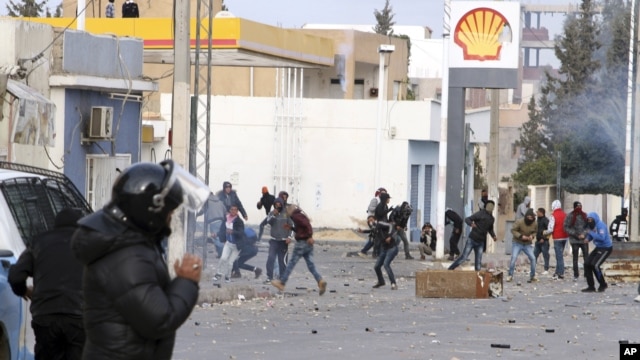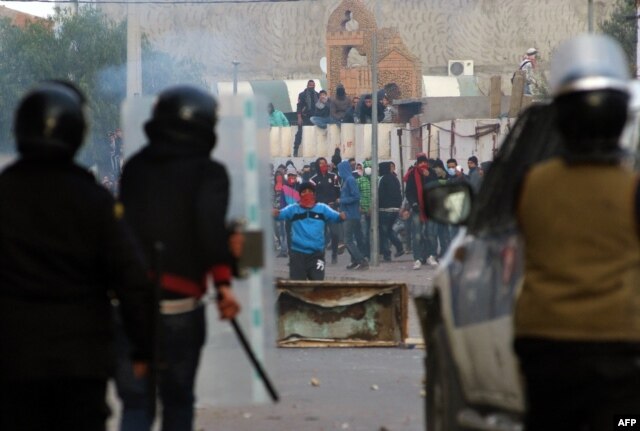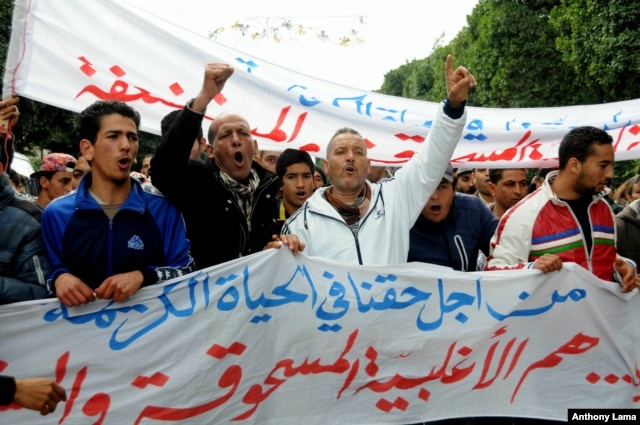It appears that even the educated leave to join ISIS. As is noted in this article, one student said “Don’t you see it as a source of pride?”
[TBODY]
[/TBODY]
New freedoms in Tunisia drive support for IS |
| DAVID D. KIRKPATRICK |
Tunis, Oct. 22: Nearly four years after the Arab Spring revolt, Tunisia remains its lone success as chaos engulfs much of the region. But that is not its only distinction: Tunisia has sent more foreign fighters than any other country to Iraq and Syria to join the extremist group that calls itself the Islamic State. And throughout the working-class suburbs of the capital, young men are eager to talk about why. “Don’t you see it as a source of pride?” challenged Sufian Abbas, 31, a student sitting at a street cafe in the densely packed Ettadhamen district with a half-dozen like-minded friends. Continue reading at: New freedoms in Tunisia drive support for IS |


